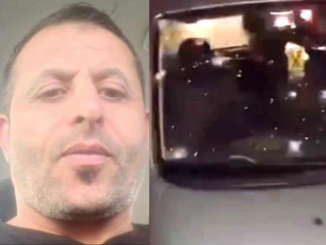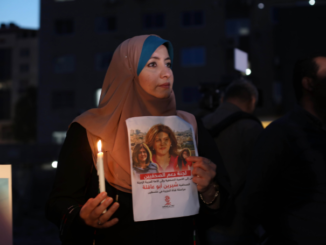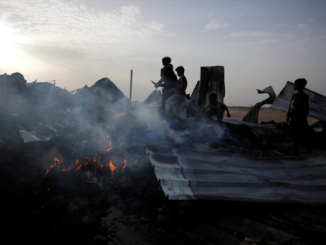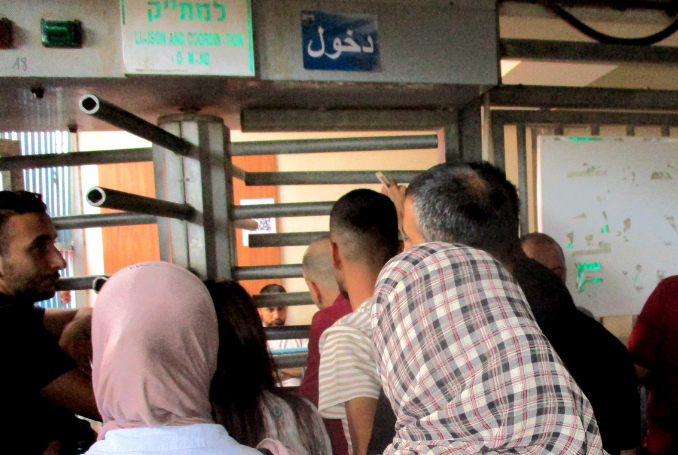
As I was standing at the Qalandiya military checkpoint, an ambulance coming from the northern West Bank city of Tubas was waiting for another ambulance, which arrived from Jerusalem, carrying a 25-day-old Palestinian baby girl.
The newborn baby was going home, after undergoing heart surgery at the Muqassad Hospital in East Jerusalem.
“She doesn’t look particularly good,” said the paramedic who was accompanying the infant and her mother.
“They gave her a lot of medicines, that’s why she has that bluish color. Now, she will be treated with antibiotics in Tubas, and then she will need to go back to Al-Muqassad hospital, to undergo more surgical procedures. Let’s hope for the best,” the paramedic explained.
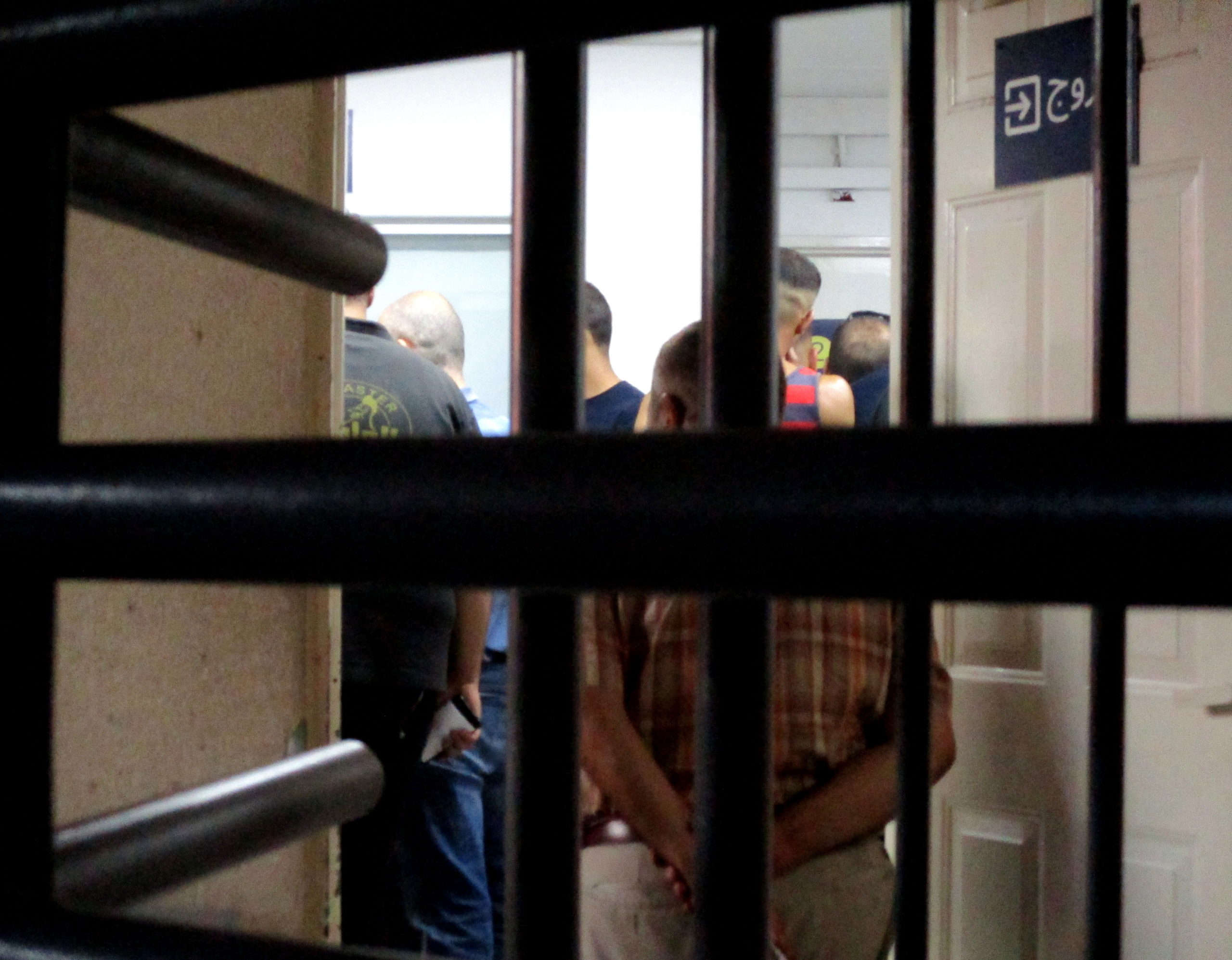
I am not a doctor, but I immediately thought that being transferred from one vehicle to another was clearly not good for the baby. And of course, I thought of how unfair it was that she needed to cross a military checkpoint, manned by heavily-armed Israeli soldiers.
While I was on my way back, I crossed a Palestinian man who asked me for information. I accompanied him to the crowded Israeli office designated to issue the necessary permits to cross the checkpoint.
A Palestinian man, who had been standing there for hours, finally managed to draw the attention of a female Israeli soldier, only to hear her bark: “I don’t care, come back tomorrow”.
With a resigned look on his face, the man stood aside. He will come back tomorrow, to try his luck, along with many other Palestinians, who are denied basic human rights and humanity.
(Translated by Tal Haran. Edited by Romana Rubeo)
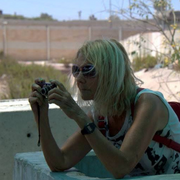
– As a member of Machsomwatch, Tamar Fleishman documents events at Israeli military checkpoints between Jerusalem and Ramallah. Her reports, photos and videos can be found on the organization’s website: www.machsomwatch.org. She is also a member of the ‘Coalition of Women for Peace’ and a volunteer in ‘Breaking the Silence’. Tamar Fleishman is The Palestine Chronicle correspondent at the Qalandiya checkpoint.

